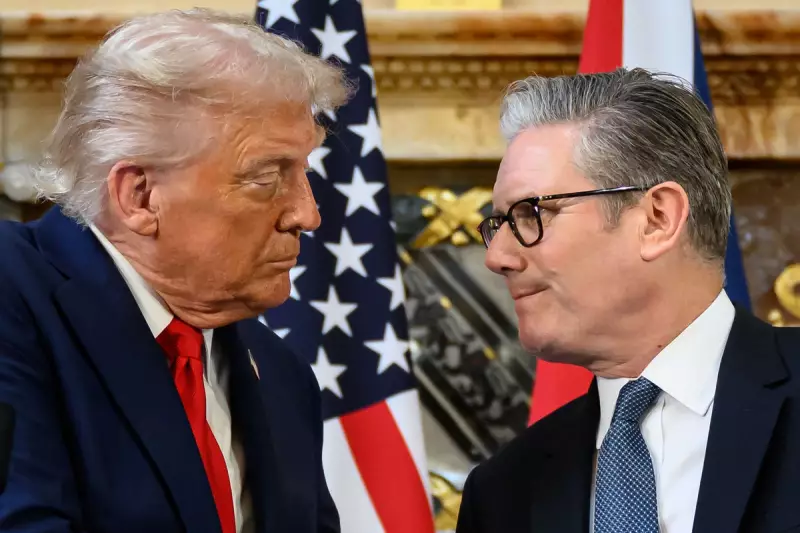
Labour leader Sir Keir Starmer has ignited a political firestorm with his comments on Palestinian statehood, drawing criticism from across the political spectrum and exposing deep divisions within his own party.
Speaking at a meeting of the Labour Friends of Israel, Sir Keir suggested that the recognition of a Palestinian state should not be a final reward at the conclusion of a long peace process, but a necessary part of it. This significant shift in tone has placed him at odds with both senior Conservatives and members of his own parliamentary party.
Conservative Condemnation and Accusations
The remarks prompted immediate backlash from prominent Conservative figures. US House Republican Conference chair Elise Stefanik and Senator Rick Scott jointly condemned Sir Keir's position, accusing him of advocating for the 'rewarding of terrorism' following the October 7th attacks by Hamas.
Within Westminster, the criticism was equally sharp. Conservative MPs have seized upon the comments, framing them as evidence that a potential Starmer government would be weak on national security and counter-terrorism.
Internal Labour Party Strife
Perhaps more damaging for the Labour leader is the internal dissent brewing within his own ranks. Several Labour MPs, particularly those representing constituencies with significant Jewish communities, have expressed serious concerns about the timing and implications of his statement.
This internal conflict highlights the delicate balancing act Sir Keir must perform between the different factions of his party, from centrists concerned with national security to the left wing which has been more critical of Israel's actions in Gaza.
The Ongoing Political Fallout
The controversy comes at a sensitive time for the Labour leader, who has worked diligently to distance the party from the antisemitism controversies that plagued it under previous leadership. Critics argue that his comments risk undermining this progress and alienating key voter blocs.
As the political debate intensifies, all eyes are on how Sir Keir will navigate this latest challenge to his authority and whether he will clarify or modify his position on this deeply contentious issue.






